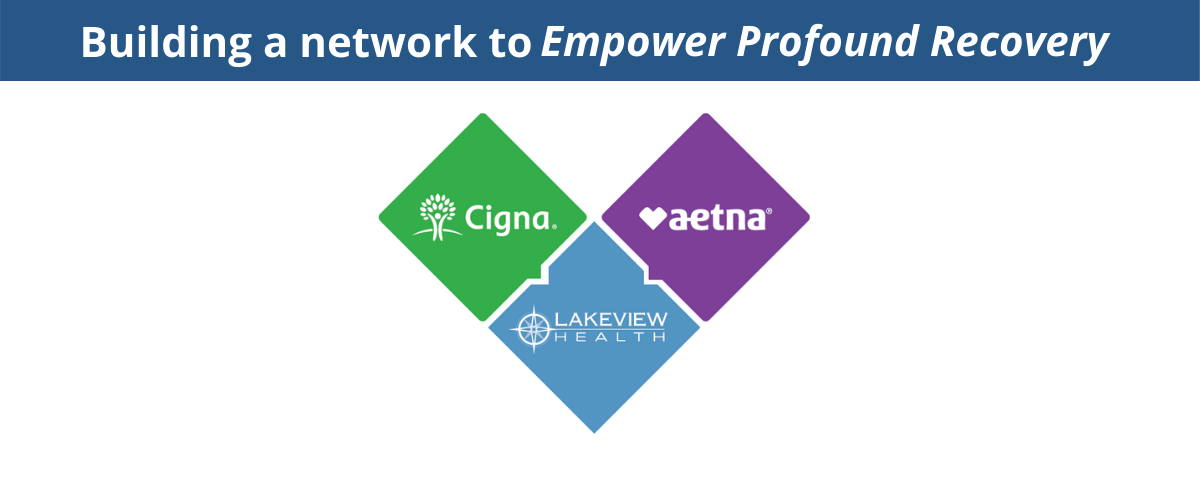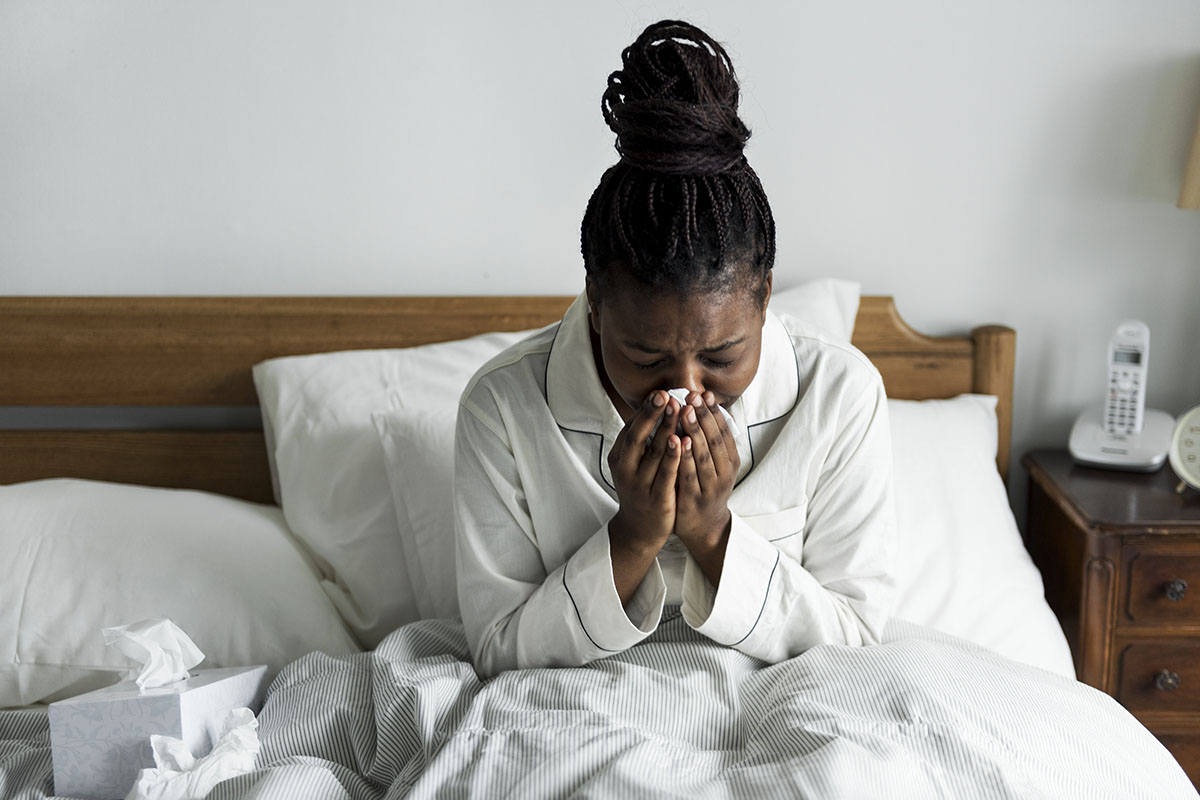

By: Michael Rass
Photo: Paul Keleher / CC BY 2.0
Gloucester, the historic fishing city north of Boston, made national headlines in 2015 when it introduced an unprecedented amnesty program that encourages substance users to turn in their drugs to the police without fear of arrest. The hope was that many of the people could be encouraged to go into addiction treatment. The Angel Program has since been replicated by hundreds of police departments across the United States. But after getting almost 400 individuals into treatment in the first 12 months after launching the program, this year the number of walk-ins has slowed dramatically to about one per week. At the same time, the number of fatal opioid overdoses is still going up. Gloucester, like many other communities in Massachusetts, is seeing more people overdosing on more potent opioids (like fentanyl) than it did when the amnesty program put a spotlight on the city. More than 2,000 people died from opioid-related overdoses last year in Massachusetts according to state data. The rate of opioid-related deaths has increased a shocking 200 percent between 2011 and 2016.
Rate of All Intents Opioid Deaths
The increase in estimated death rates is slowing year over year: in 2014, there was a 40% increase from the prior year; in 2015, there was a 31% increase from the prior year; and in 2016, there was a 16% increase from the prior year.
(Source: Massachusetts Department of Public Health)
The rising death toll is prompting officials in Gloucester to try new methods. Lately, police and addiction counselors have been increasing their efforts to reach addicts on the streets, in homeless shelters, and in other places, rather than waiting for them to walk through their doors. In March 2016, Governor Charlie Baker signed legislation to address the deadly opioid epidemic. It was passed unanimously in both legislative chambers and includes numerous recommendations from the governor’s opioid working group, including prevention education for students and doctors, and the first law in the nation to establish a seven-day limit on first-time opioid prescriptions.
The bill also includes a provision designed to help people connect with addiction treatment programs after an overdose. It requires hospitals to offer treatment for substance use disorder to such patients after a voluntary assessment. According to the Boston Globe, hospitals across the state report that “a large majority of eligible patients—anywhere from 50 to 90 percent—decline the evaluation. … The result: Patients are often discharged no closer to receiving treatment than they were before their overdose.” Although hospitals are key places to connect overdose patients with addiction treatment programs, the opportunity to do so is often missed. Too many patients with opioid use disorder are in denial about their condition and unwilling to consider treatment. And busy emergency rooms might not have the personnel to bring this option up with patients at the right moment. Patients also need the right kind of treatment. To be successful, therapy has to uncover and address the deeper causes of the substance use. Addiction is a complex disease that requires treatment on multiple levels over a considerable timespan. Many addicts are self-medicating emotional trauma or anxiety with drugs and alcohol. If such co-occurring conditions are left untreated, a lasting recovery from addiction is unlikely. A change of scenery can be helpful as well. Lakeview Health in Jacksonville, Florida, uses an integrative health approach. “We want to give our patients a full body–mind–spirit experience,” says Dr. Philip Hemphill, Lakeview’s chief clinical officer. It is a comprehensive re-calibration. “The whole sense of self—the way patients define themselves and function in society—is reset.”





